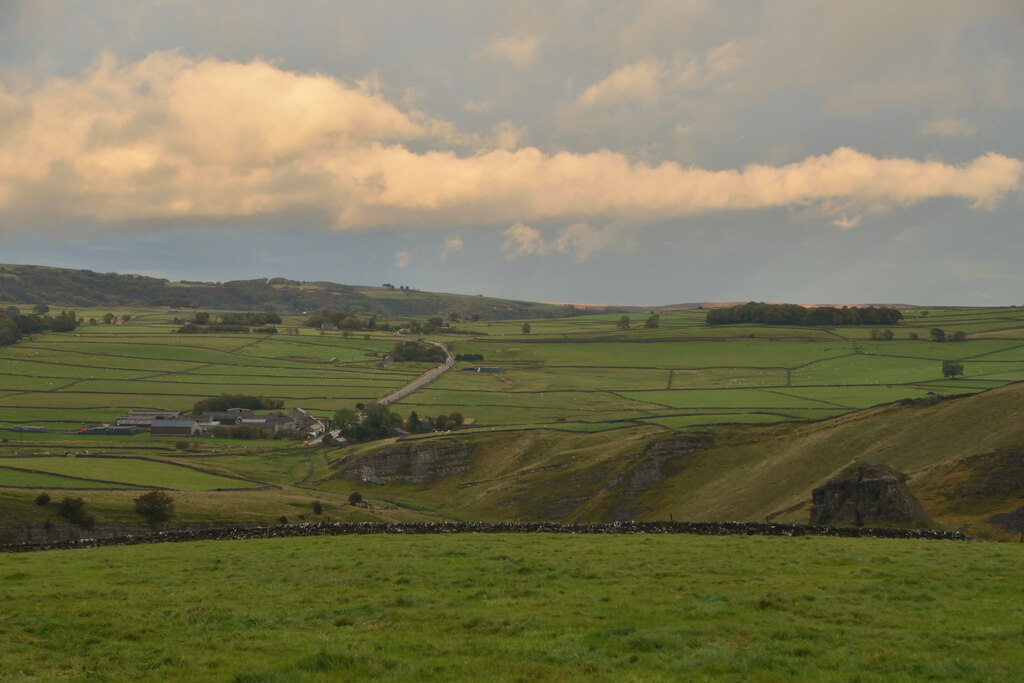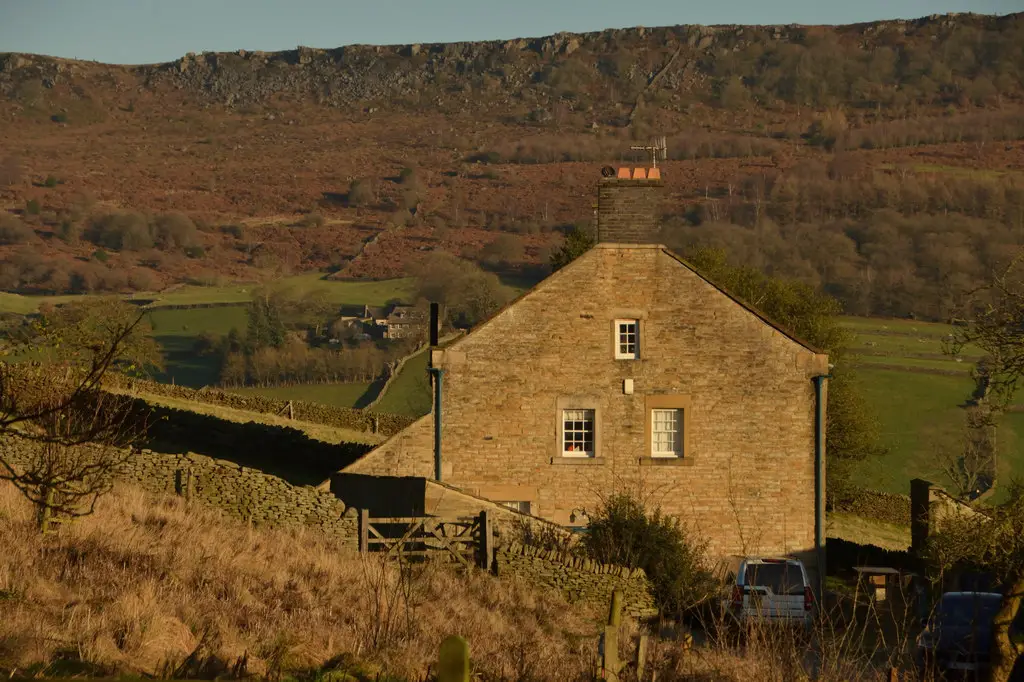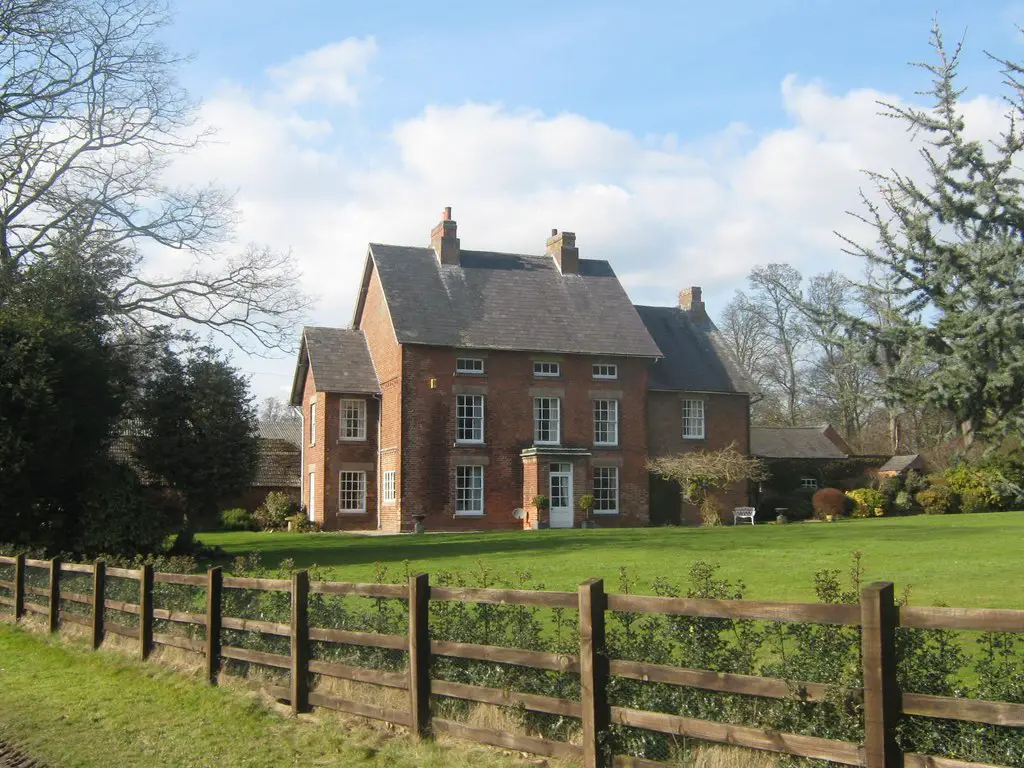
Smallholding for Sale Derbyshire
Despite being often overlooked, Derbyshire is a wonderful county with a rich history. It’s the home of Rolls-Royce and the birthplace of Florence Nightingale.
The county rests in England’s East Midlands. It encompasses a large portion of the Peak District National Park, the southern end of the Pennine hill range, and a portion of the National Forest.
Derbyshire has largely highland topography, notably in the north and center of the county. The southern Pennine foothills and uplands run from the Trent Valley through the Peak District and into the county’s north, reaching the county’s highest point at Kinder Scout.
This makes it an ideal location for those who want a property close the some of the country’s most beautiful nature.
It’s also a lot more affordable than the UK’s other rural markets with natural beauty – Cumbria, and Kent. So this Derbyshire is a great option for those just starting out with property investing.
What is a Smallholding?
Smallholdings are often farms that sustain a single family via a combination of income crops and subsistence farming. Smallholdings may not be self-sufficient as a country grows wealthier, but they may be cherished for the rural lifestyle.
Small-scale agriculture frequently clashes with industrial agriculture, which gains efficiencies through increased output, monoculture, land consolidation under large agricultural operations, and economies of scale.
Even though a lot of smallholdings are obsolete due to industrial agriculture, they still make excellent investments. They’re often historic buildings in beautiful rural settings. They’re very popular among holidaymakers as places for family gatherings.
Finding Smallholdings for Sale in Derbyshire

There are lots of great options for finding a derelict property in Derbyshire. Perhaps the most obvious are going through a specialist real estate agent or attending a property auction.
The advantage of this approach is you work with people familiar with the area you’re interested in. It can be hard to find empty smallholdings. So, some local knowledge comes in useful.
Attending a property auction is a good idea because most distressed or foreclosed properties are sold by banks via auctions. You might be surprised at the quality of abandoned houses and vacant properties offered at Derbyshire property auctions. If you attend one in the target area, you have a better chance of discovering a suitable smallholding.
In practice, the majority of derelict property for sale in Derbyshire is not listed on any estate agent system.
It pays to physically drive through the towns and villages you want to invest in looking for empty smallholdings. If you ask locals, they’re usually keen to point you toward any empty buildings in need of renovation.
Types of Smallholdings for Sale in Derbyshire
Smallholdings in Derbyshire range from essentially undeveloped land to well-maintained estates with many bedrooms and a small plot of land.
The lowest-priced investments are typically just an empty plot of land. These can often be purchased for around £25,000 pounds for a small house-sized plot to £350,000 for 26 acres. This land is agricultural, so you can develop it into farmland if you want.
Be aware that there may be regulations that restrict your ability to build residential buildings on these properties. Land with planning permission tends to be more expensive.
A middle-market three-bedroom farm with a few acres of land will typically cost you around £500,000. This is for properties in good condition. You can likely get distressed farms for below-market rates at auctions.
Larger farms with 5+ bedrooms can cost you in excess of £1.5 million. These make ideal rental properties for larger families, but they will only be feasible if you have significant resources at your disposal.
Traditional Derelict Cottages for Sale in Derbyshire

Most smallholdings come with traditional cottages attached. This is because they were historically used as single-family residences with the farmland sustaining that family. In some cases, you can pick these up at discount prices if they’re distressed.
Be aware, if you invest in these cottages, that they often come with restrictions on how you can renovate them. This is especially true if you invest in cottages in the Peak District National Park. They’re great for holiday rentals, but this comes at a cost.
You most likely will need to use specialized builders with training in restoring buildings. You’ll have to use the building’s original materials or new materials that match. These renovations may have to be done in a way that aligns with how the buildings were originally built.
There may also be restrictions on whether or not you can destroy any parts of the existing structure. All of this comes with a cost.
Smallholdings in Derbyshire FAQ
Does the Government Support the Renovation of Smallholdings in Derbyshire?
Yes! The Derbyshire Council offers loan assistance, which comes in the form of the Derbyshire Empty Properties Assistance program.
Derbyshire Empty Properties Assistance is a no-interest loan intended to assist new or current owners of vacant homes with the expense of rehabilitation. The loan amount is determined by the amount of equity in the property and the degree of the needed improvements.
Repayments normally begin six months after the money is issued and, subject to restrictions and conditions, the interest rate remains at 0%. Monthly direct debit payments are paid over three to five years, depending on the amount borrowed.
Empty Homes Assistance necessitates the imposition of a fee equivalent to the loan amount on the property, much like a mortgage. Failure to comply with the loan terms may result in further costs.
How Much do Smallholdings in Derbyshire Cost?
The cost of smallholdings in Derbyshire varies based on size and planning permissions that come with the property. A vacant smallholding with limited permissions should cost around £15,000 – 30,000.
For smallholdings will houses in good condition, expect to pay around £500,000. Larger farmhouses with many bedrooms will run you north of £1 million.
Of course, there’s a good chance you can pick up cheaper properties at auction because they have stood vacant for a long time. These will require an investment to bring them up to residential standard, however.
